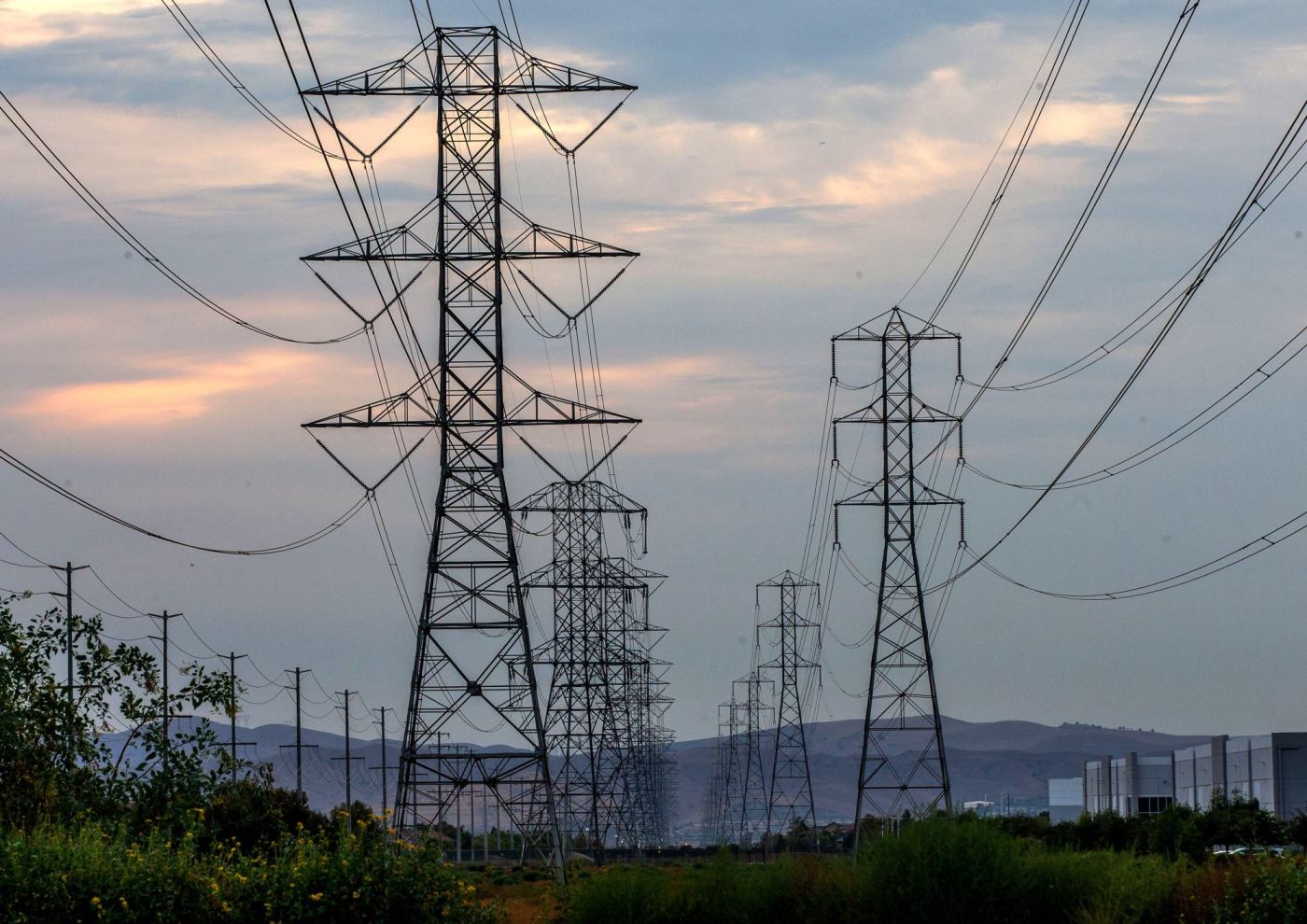Amid ongoing concerns over transparency, spending and leadership, state auditors will conduct a review of the Orange County Power Authority that could touch on its finances and hiring within the agency, following a request for an investigation by local lawmakers.
Approval of the audit by the state’s Joint Legislative Audit Committee was made public on Thursday, Sept. 15, by Sen. Tom Umberg (D-Santa Ana), who said the six-member Orange County Legislative Delegation requested the review in July of the OCPA’s internal operations due to “heightened concerns of corruption, Brown Act violations and questionable electricity procurement practices.”
The delegation, made up of state legislators representing the county, said in a letter to the Joint Legislative Audit Committee that questions over the OCPA’s operations and governance arise from concern over a lack of transparency in how its leaders make decisions, how the agency conducts its meetings and the agency’s “failure to deliver on its promise to provide cleaner electricity at lower rates for participating Orange County residents and businesses.”
“There is deep concern, at this point, about the long-term viability of OCPA,” the letter says, adding the agency “has failed to disclose actual revenues and expenses as measured against projections,” among other complaints.
The OCPA is the county’s first community choice aggregation model and was created with the goal of providing customers a cleaner energy alternative at a lower cost. Among the agency’s three power plan options now offered to customers, one aims to match Edison’s renewable energy blend and rates, and two others provide a greener blend that comes at a higher cost.
The OCPA is set to start providing power to residents in Irvine, Huntington Beach, Buena Park and Fullerton next month.
Representatives of the OCPA said in a statement released late Thursday afternoon that the agency embraces transparency and another audit, having “successfully launched commercial service in April 2022,” adding that 90% of commercial customers in those four cities participate in its plans. “This is Orange County’s historic signature environmental achievement resulting in the equivalent of removing thousands of vehicles from the road every single day.”
But the statement adds, “The agency is concerned by the continued repetition of meritless claims, including the questions raised about OCPA by members of Orange County’s state delegation. No evidence of mismanagement or corruption has ever been put forward and the agency fully expects the various audits to put these claims to rest. OCPA is financially strong.”
The OCPA said its financial reports and projections are online and the leaders of the four participating cities chose to place customers by default into its energy plans that use more renewable energy than Edison’s blend, therefore making their rates higher. “However, OCPA customers have the choice to opt down to OCPA’s Basic Choice plan (38% renewable), which costs the same as SCE.”
In approving the delegation’s request for an audit, Joint Legislative Audit Committee Chair David Alvarez wrote in a letter to the acting state auditor that a review “will provide transparency to the authority’s finances, projections and hiring practices.”
The office of the California State Auditor will eventually issue a public report of its findings, but a timeline hasn’t been released.
County officials have called for their own independent review of the OCPA’s finances and spending, which the agency agreed to. In response to a Grand Jury report raising similar issues as the legislative delegation, the OCPA earlier this month responded with a letter that said it “wholly disagrees” with many of the findings.
The OCPA’s response cited among its ranks leadership that was experienced in community choice aggregation and said the agency’s hiring methods follow “industry best practices.” In response to a Grand Jury finding that the OCPA’s board meeting agendas and staff reports “are distributed at the last minute” and not always accurate, the agency wrote they are distributed “in accordance with the Brown Act,” the state’s public meetings law.
In a news release announcing the audit, Umber said, “It’s clear that OCPA has had little oversight.
“We owe it to the taxpayers to explain why their energy costs are going up,” he added, “and who or what is responsible.”
Calling the audit request “politically charged,” the OCPA officials said it is asking “state government auditors to make a business assessment about public energy policy that they are not qualified to make.
“OCPA is subject to the same regulatory and market challenges facing all (community choice aggregation) in California and has taken a conservative approach to ensuring its long-term success,” the statement continues. “It should be noted that the committee specifically listed viability as the least important audit factor. OCPA is financially strong and leading Orange County toward a healthier, more resilient future.”
Customers in participating cities will be automatically opted in to receive service from the OCPA, and can opt out or switch plans through the agency’s website. Existing transmission systems remain in place.
Related Articles
OC Power Authority transferring residents in 4 OC cities for new service starting Oct. 1
How much to tear down a nuclear plant? Not as much as it cost to build
Redondo Beach’s gas-fired power plant has its day in the sun — but it can’t stand the heat
A text alert may have saved California from power blackouts
UN agency calls for safety zone around Ukraine nuclear plant





